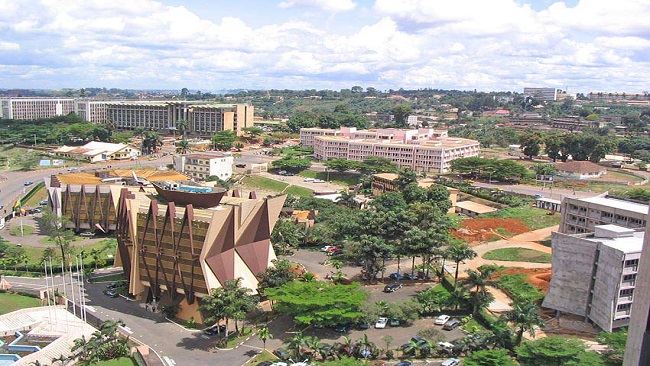18, December 2024
MTN Group announces leadership changes 0
MTN Group has announced key leadership changes aimed at addressing succession, operational execution, and advancing the Ambition 2025 strategy.
Mitwa Ng’ambi, CEO of MTN Cameroon, will move to the same position at MTN Côte d’Ivoire, effective 1 March 2025, as Djibril Ouattara takes early retirement. We thank Djibril for his significant contributions to MTN, including his leadership of MTN Congo-Brazzaville. To ensure an orderly handover, Djibril will support Mitwa during her transition for a few months.
Mitwa brings over 15 years of telecom experience and transformational leadership, having served as CEO of MTN Cameroon since September 2022. She is also the Board Chairperson of Mobile Money Corporation, MTN’s fintech subsidiary in Cameroon. Prior to her role in Cameroon, Mitwa was CEO of MTN Rwanda, where she successfully led the renewal of the company’s licence and spearheaded its growth and listing on the Rwanda Stock Exchange. Previously, she held leadership positions at Airtel Tigo in Ghana and Tigo in Senegal. Mitwa’s experience and track record will add impetus to the growth and turnaround of MTN Côte d’Ivoire.
Wanda Matandela, Chief Commercial Operations Officer at MTN South Africa, has been appointed as the new CEO for MTN Cameroon, effective 1 March 2025. Wanda joined MTN in 2018 as Chief Enterprise Business Officer and drove the turnaround of this business. With over 20 years of experience, including more than 13 years in telecoms, he has held strategic roles across the FMCG and financial services sectors. Wanda serves on the boards of Supersonic (Pty) Ltd and MTN Rwanda PLC. His strong commercial and stakeholder management experience will be invaluable as he builds on the high impact and energy created under Mitwa’s leadership, bringing new capabilities and insights to drive growth in Cameroon.
Effective 1 January 2025, Mazen Mroue, MTN Group Chief Technology and Information Officer (GCTIO), will assume additional responsibilities as CEO of Digital Infrastructure (Infraco). This new role will incorporate the mobility and fibre businesses of Bayobab, along with executing our data centre strategy as we position MTN Group for growth and profitability in the development of AI across Africa. In this dual role, he will continue to report to the Group President and CEO and remain a member of the Group Executive Committee.
Since joining MTN in 1998, Mazen has held various senior positions within the Group’s regional operations in Africa and the Middle East, including CEO and COO roles across multiple operating companies. He has also served as a board member of various companies within the MTN Group. Mazen’s strong technology and operational experience, combined with his track record of delivery, positions him well to fulfil this dual mandate.
Frédéric Schepens, current CEO of Bayobab, will be leaving the group effective immediately. We thank Frédéric for his contributions and wish him success in his future endeavours.
MTN Group President & CEO Ralph Mupita extends his best wishes and appreciation to all incoming and outgoing colleagues, expressing confidence in the internal succession bench-strength of the business. He emphasises the importance of driving execution and maintaining our commitment to digital and financial inclusion priorities across our markets.
Source: Techafricanews



























18, December 2024
BEAC increases liquidity injection to meet bank demand 0
The Bank of Central African States (BEAC) conducted a new liquidity injection operation for commercial banks on December 17. This time, the central bank offered CFA220 billion, a rise of CFA60 billion compared to the previous operations on December 3 and December 10.
This increase in liquidity follows a prior reduction of 50%, when the offer dropped from CFA320 billion to CFA160 billion between late November and early December. The adjustment comes amid a renewed interest from banks in BEAC’s refinancing operations. For example, on December 3, the BEAC offered CFA160 billion, but the banks requested CFA224.8 billion. Similarly, on December 10, the entire CFA160 billion made available was taken up, yet not all banks could meet their financing needs, which totaled CFA162.8 billion.
This renewed interest in the central bank’s refinancing offers in December may be linked to increased demand for bank loans. According to banking officials, the year-end holiday season, a time of high consumer spending, often drives up demand for credit in commercial banks.
Source: Business in Cameroon